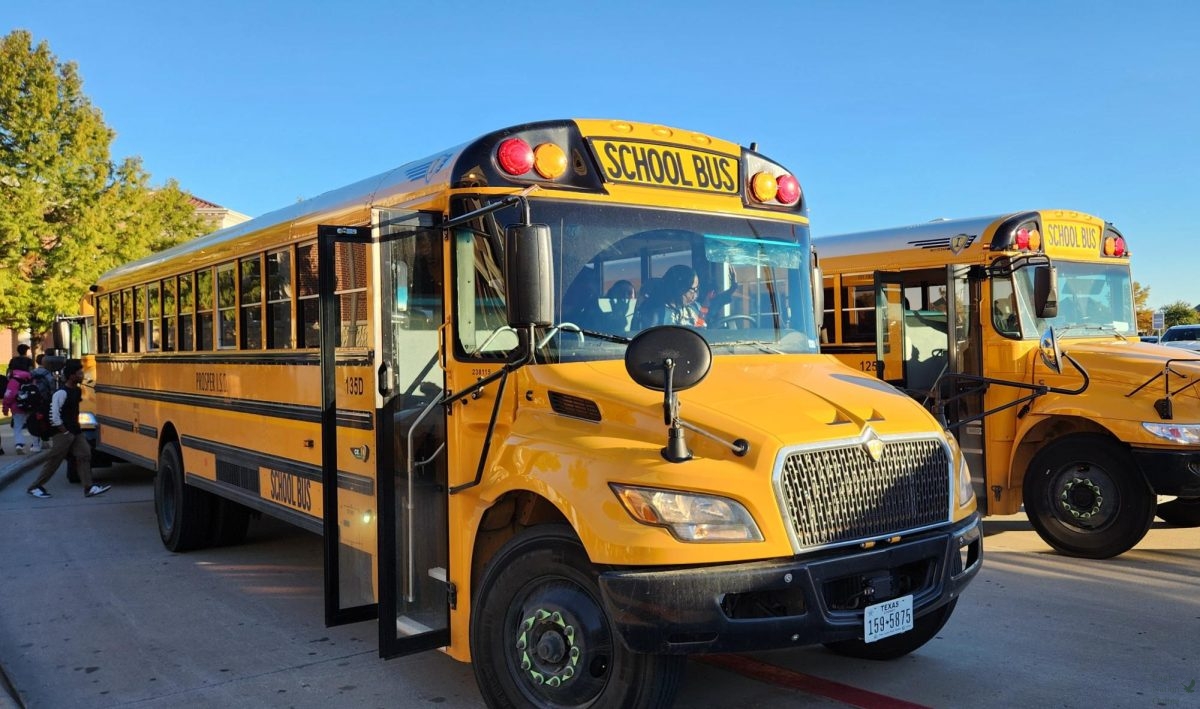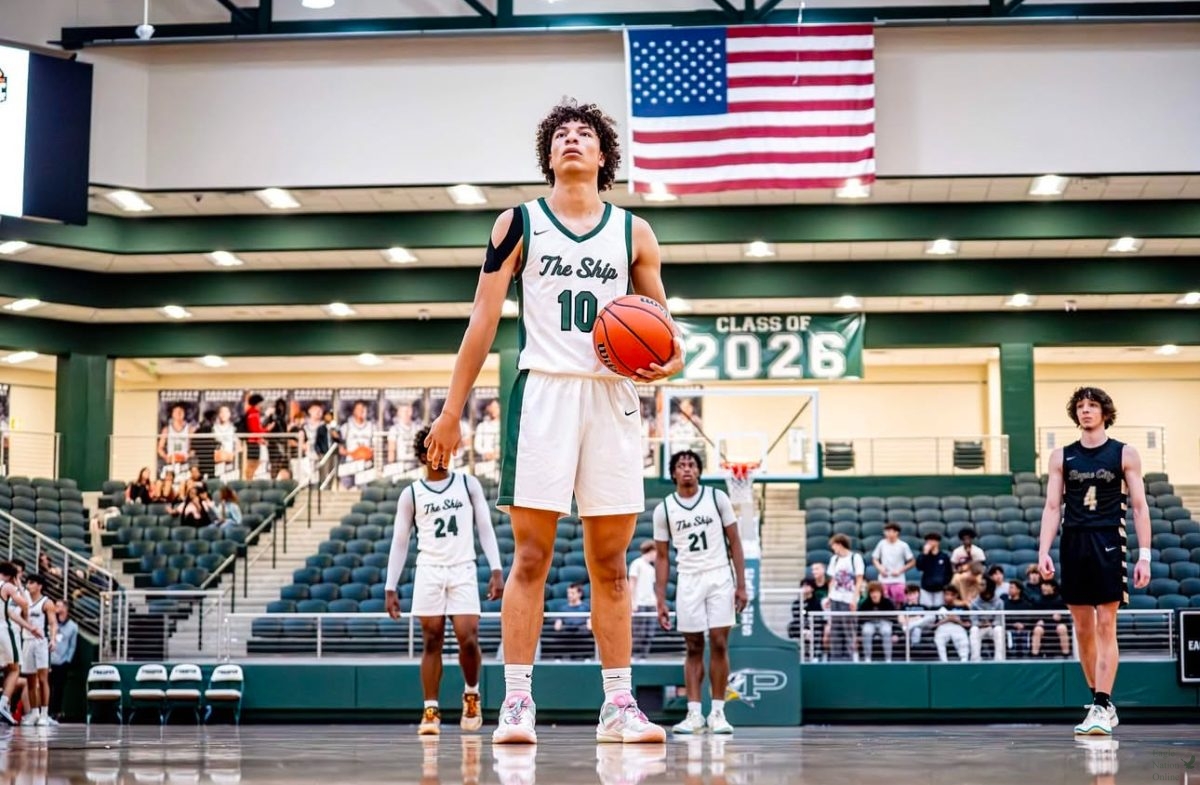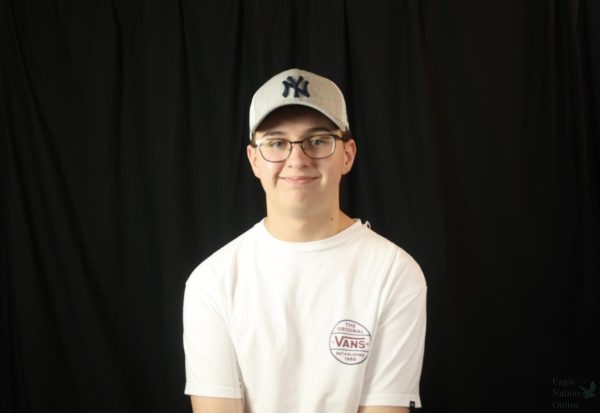Until now, the school district has allowed students to travel out of state for competition and to further their education. But that has changed, thanks to the Prosper ISD’s new travel policies. The restrictions limit how often Career Technical Education and Fine Arts programs can take out-of-state trips, which frustrates students and teachers. By restricting trips like the annual All-American High School Film Festival in New York, the district will take away experiences that could help students grow in their skills and connect with others in their field. These events aren’t just for fun – they’re significant opportunities for students to learn, compete, and get inspired. Without the ability to attend these events, students lose the chance to see what their field looks like outside of the classroom, which is essential in preparing for a future career.
The district’s policy, which limits out-of-state travel for some departments, including CTE and Fine Arts programs, while not placing limits on other departments, including athletics, is unfair. The new department-by-department restrictions deprive students in certain programs of valuable learning experiences that motivate them and help them develop their skills.
The district’s decision to limit these out-of-state trips to once every two to four years for some departments, including CTE, means that a student might get only one or two chances to attend an event like a film festival before graduating. This seems unfair, especially since these events often drive students to work harder and develop their talents. Whether it’s film, band, or business, participating in high–level competitions and workshops teaches skills that can’t be fully learned in school. For example, the students competing in film festivals learn about pre-production, which means they have to plan projects and think through the little details. The fact that they can go to New York and apply what they learned in a real-world setting makes these experiences incredibly valuable and memorable. Taking away these trips means taking away those important learning moments students need to grow.
One of the biggest reasons these trips are so important is that they motivate students and build their confidence. Traveling for these events isn’t just about the competition. It’s about the entire experience, from planning the trip to presenting their work on a big stage. For instance, students attending the All-American High School Film Festival get to be around professionals and see how they create films. They meet people who share their interests and learn what it takes to succeed professionally. They bring that energy back to their schools, raising the quality of work in their programs. Other students see the improvements, and everyone becomes more motivated to participate. By attending these events and competing at high levels, students often return with more drive to work hard on their projects. If the administration limits these opportunities to only once every few years, students lose the chance to gain this valuable experience consistently. For example, CTE does not approve travel if a student will miss more than one day. Yet, what you learn during travel conventions and competitions often transcends the offerings of in-classroom learning. Via travel, students get access to professionals from around the world, which advances their overall learning experience. Plus, students do have opportunities to make up any work they missed in the same way teams make up the work they miss when they travel for multi-day athletic competitions.
Another problem with this new travel policy is that it can send a negative message about the value of specific programs. Limiting travel only for CTE and Fine Arts programs, while athletics and academic groups like math teams and debate clubs get more travel opportunities, makes it seem like these creative programs don’t matter as much. It’s disappointing for students who spend just as much time and effort developing their skills in these areas as students in academic programs. Many students are even more excited to work hard because of the chance to go on these trips. For students passionate about music, theater, film, and other forms of art, participating in state and national events is a big part of what drives them to improve and keep pushing themselves. Taking away the ability to travel every year may cause students to feel discouraged and less valued by their school district. It’s hard to stay motivated when students feel like their programs aren’t as important.
Administrators said these changes are because of budget constraints and an attempt to make travel opportunities more equal. District representatives said they have to spread out travel funding because of rising costs and an increase in the number of students. While it’s true that budgets need to be managed carefully, it doesn’t make sense to restrict certain programs from traveling while others still get to go out of state multiple times each year. If money is the main issue, then the district should have considered applying similar limits across all programs instead of focusing only on CTE and Fine Arts. Most of the students in all departments pay for their trips themselves, either through fees or trip funds. So, the district funds argument seems weaker because of that fact. The inconsistency in how travel funds are handled brings confusion and makes students in these programs feel like their contributions are less valued. Academic competitions, for example, are still allowed a greater number of trips, which feels unfair to students in creative programs. Every program should have the chance to travel to important events because these trips give students opportunities that can really shape their futures.
Instead of simply cutting travel opportunities, the district could come up with a solution that’s more balanced and takes into account the needs of each program. One idea could be to let students and schools fundraise to make up the difference if PISD funding falls short. Programs like film or theater that rely on these competitions and festivals for professional development should be given more flexibility with fundraising options and ways to organize trips that fit their needs. By making these travel opportunities more flexible and allowing some exceptions, the school district would support all students’ development and success. It could also involve a system where trips are evaluated on their educational benefits and whether they meet specific learning goals. If a trip is relevant and aligns with the students’ growth and interests, the district could consider granting more opportunities based on these merits. This way, students would still get to travel and compete without placing extra strain on PISD’s budget.
All in all, limiting travel opportunities for some departments’ programs impacts students’ learning and motivation. Without these experiences, students miss out on unique chances to improve, collaborate, and build confidence. Instead of taking these experiences away, the district should consider how it can support all programs equally. A balanced travel policy that recognizes the importance of different kinds of learning experiences would make a big difference for students, and it would help ensure that everyone has the chance to participate in meaningful events that support their growth.










